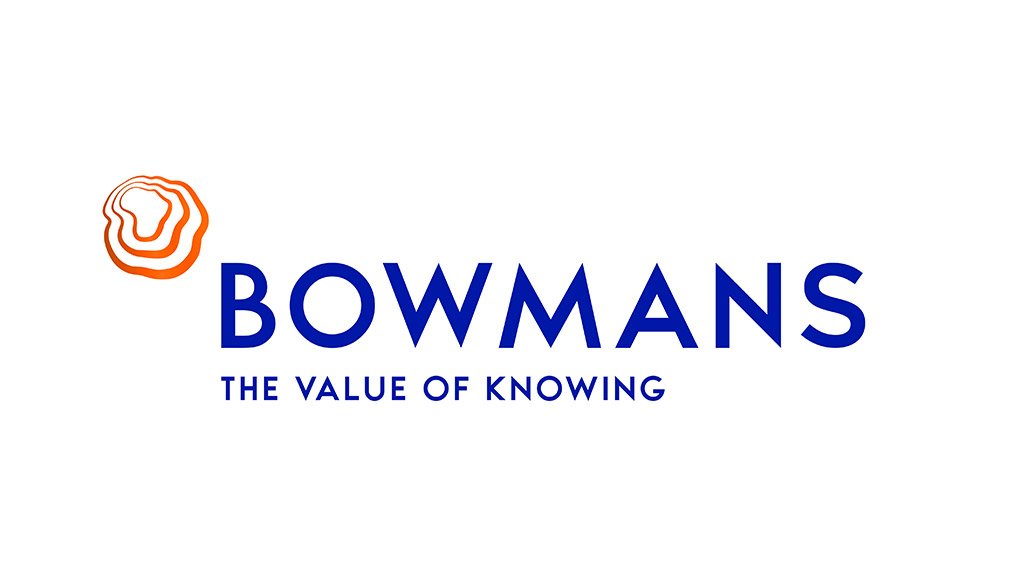Sars became concerned about a perceived ‘loophole’ in relation to share buyback and issue transactions, identifying certain share buyback and issue transactions as ‘reportable arrangements’ for tax purposes in 2015. The anti-avoidance legislation was only finally enacted in 2017.
In principle, these dividend stripping rules treat otherwise-exempt dividends (received within
18 months before the disposal of certain shares) as ‘extra’ capital gains tax ‘proceeds’, generally giving rise to capital gains tax. These rules would ordinarily only apply where certain controlling or influencing shareholding thresholds are present.
On 20 February 2019, Finance Minister Tito Mboweni announced new anti-dividend stripping tax avoidance provisions, intended to apply where a company distributes a ‘substantial dividend’ to its current shareholder, and subsequently issues shares to a third party.
Key concerns:
- Clearing out ‘excess cash’ before introducing new shareholders, is a standard practice. It now appears that this practice may give rise to (previously unforeseen) negative tax consequences.
- Distributing a dividend ahead of a new share subscription is a practical way to make the new shares more affordable, for example to new Black Economic Empowerment (BEE) shareholders. The new provisions may accordingly have a negative impact by, among other things, making investments into South African companies less attractive and making BEE transactions less affordable.
- The new provisions are intended to be effective from 20 February 2019. Until the actual detailed wording is known, it will be dangerous to pay dividends from companies that may issue shares within the short- to medium-term.
Written by Patricia Williams, Partner, Bowmans
EMAIL THIS ARTICLE SAVE THIS ARTICLE ARTICLE ENQUIRY
To subscribe email subscriptions@creamermedia.co.za or click here
To advertise email advertising@creamermedia.co.za or click here











